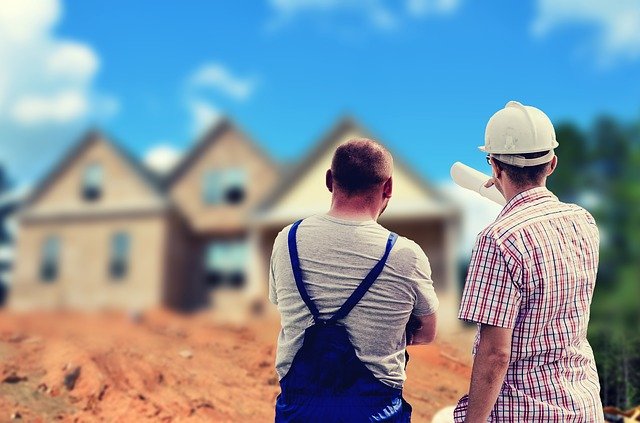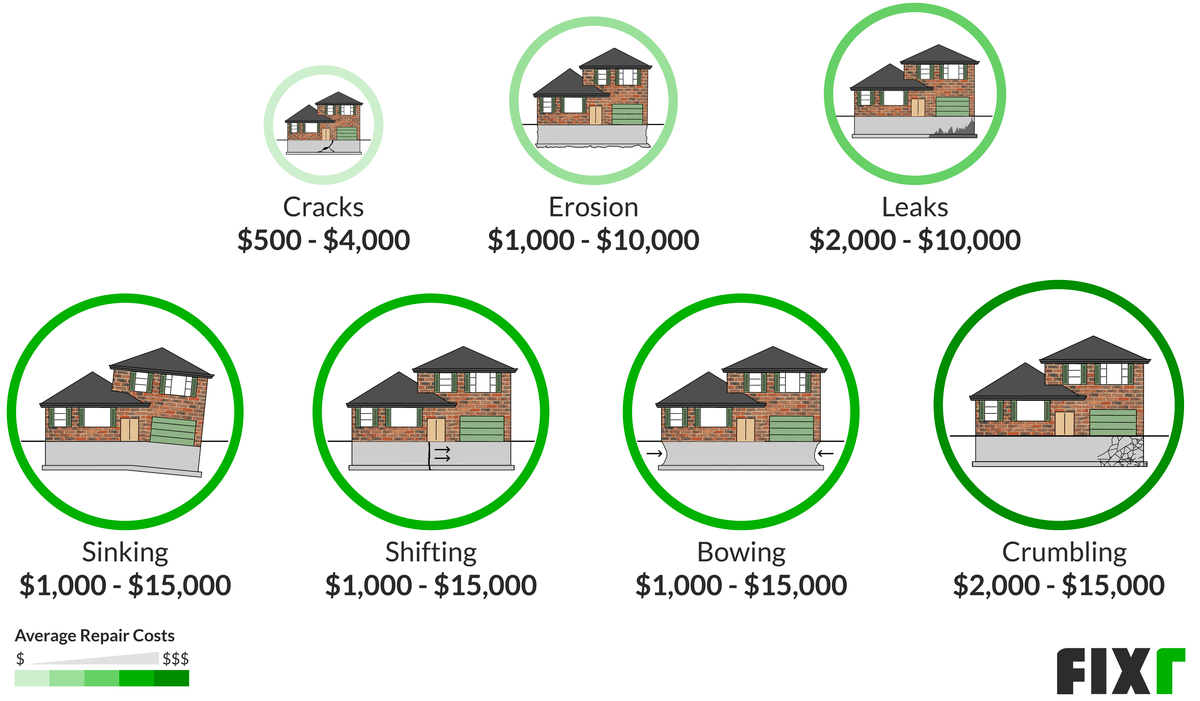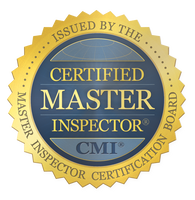|
It sure is hot out there, Texas! How do you know if that AC in the home you're buying or selling is up to par? As Air conditioners are being put through their paces in this heat, you might wonder, as a seller, how your AC will fare at a home inspection - is it worth it to get a tune-up? And as a buyer touring a prospective home, you may like to have some signs to look out for that may indicate a home's AC has problem. Here are 5 signs that a home inspector may discover an AC deficiency 1 The condenser is noisy. If the AC seems too loud, makes a loud buzz, or can be heard from far away, there may be an issue. Units should be
0 Comments
Should you waive your home inspection when making an offer on a home? The highly competitive market that buyers have been facing lately has caused many to, understandably, ask themselves or their realtor this question. Of course we think the answer is NO WAY, but check out this video and speak with your real estate agent for strategies on how to retain your right to an inspection while still making a strong offer.
A quality home inspection will protect you from big ticket repair surprises. Your inspection report could reveal a $5,000 - $10,000+ repair needed if your new home needs something like a new AC or new roof. Waiving your inspection just to "win" the home can get even more costly if there are hidden plumbing and electrical issues, or flood/ water damage. Discuss inspection contingencies in your offer with your realtor. An inspection can allow you to walk away from a total surprise money-pit, or simply allow you to renegotiate your initial offer and get a slight discount even if sellers don't want to make any repairs. Another tip Kyle discusses in this video is to only request repairs or credit over, say, $5,000 after an inspection so that you still get the protection of an inspection, but the seller knows you're not trying to "nickel and dime" them. Realtors and buyers - we'd love to hear your tips /perspectives on this topic! We've just been ranked as the best home inspectors in Baytown, TX! Whether you're in Baytown, Pearland, Spring, Katy, or anywhere in the Greater Houston area, we provide the highest quality inspection you can find, and at a fair price! But we're excited to announce that Expertise.com has specifically ranked Baytown home inspectors for 2021 and listed Texas Premium Inspections as "Best Home Inspection Companies in Baytown". See below for their ranking criteria: Have you been told that you need a foundation inspection for your home or a home you are about to buy, but are not sure what that means? Inspection of the condition of a home's foundation is provided in your home inspection report, but sometimes your home inspector will recommend that you seek the advice of a foundation specialist for further evaluation. This post is guest contributed by Doug at Granite Foundation Repair to answer your questions about home foundation inspections. What is a home foundation inspection, and when do you need one?The foundation is what holds the structures of your home in place. A building derives its stability from the foundation, and problems with the foundation will reverberate throughout the house. If a foundation fails, the walls, floors, and roof of the building can lose its shape and function. Foundation damage will impair the appearance of a building and diminish its market value. That is why homeowners are wary of problems with their home’s foundation. Signs of damage to the foundation should be treated with urgency to keep them from progressing into foundation failure. The foundation inspection is a process of examining a home’s foundation for signs of damage. It also helps to verify if the signs visible on a foundation are the results of foundation damage. Home foundation inspection becomes necessary when homeowners detect possible signs of foundation damage on their building. Owners, who are about to sell their home and want to be sure of its structural integrity, can also conduct it. It could be ordered by a homebuyer if the home inspection report reveals issues with the foundation that requires further investigation. Who conducts the home foundation inspection?Licensed structural engineers conduct home foundation inspections. Structural engineers have the necessary training to do a thorough assessment of the home’s foundation. Home foundation inspections done by non-professionals are likely to be inaccurate. Licensed structural engineers follow the code of ethics set by their professional bodies. Since they have a reputation to protect, they work to the highest standard of professionalism. What can you expect from a home foundation inspection?The process of a home foundation inspection is relatively straightforward. The goal is to look for evidence that the home’s foundation has moved. Inspectors will investigate the cause and extent of the problem and recommend solutions. The engineers check for signs of: - Foundation settling or sinking - Upward movement of the foundation - The sideway motion of the foundation When you hire a structural engineer to conduct a home foundation inspection, this is what the process should look like: Step one: The interview You will answer some questions to help the engineer understand the problem and determine the inspection criteria. The questions will focus on the signs of foundation damage you have spotted in your home and how long the indications have been present. Step two: Floor Elevation Survey Next, the engineer will get floor elevation data from when the home was built. That will serve as the baseline for comparing the current floor elevation. The goal of the floor elevation survey is to detect deviations in the recent floor elevation. Step three: Visual inspection of the interior, exterior and surrounding areas Next is a visual inspection of the building to look for signs of foundation damage like cracks in the foundation, walls & floors, leaning walls, sloping & sagging floors, etc. The engineer will also look at the ground’s slope around the home, nearby vegetation, and the gutter system. Step four: Check plumpness of walls and doors The inspectors will check doors, cabinets, walls, and trim with a plumb line to see if they are out of level and to what extent. Step five: Forensic analysis A forensic analysis helps to determine the cause of the foundation movement. The cause of the problem determines the best solution to apply. Examples of probable causes are water pooling at the home’s base, poor soil compaction during construction, erosion, and flooding. Step six: Conclusions and recommendation After concluding the forensic analysis, the engineer can now advise you on the cause of the issues and the solutions. This recommendation is verbal and may not include complete details of the problems and solutions. Step seven: Engineering report delivery In the final step, you will receive a formal report of the inspection findings. That will include the interview information, the scope of services, and the recommendations. It will usually comprise a detailed elevation map of the foundation in CAD format. How much does a home foundation inspection cost, and how long does it take?The average time it takes a licensed structural engineer to conduct a complete inspection of a foundation is 90 minutes or one-and-a-half hours. Depending on the home’s location, the inspection cost will be between $350 and $500. In some areas, the cost may go up to $1000. But this cost is a small price to pay for the trouble a home foundation inspection can save you. Thank you for the great information, Doug! If you still have any questions about the foundation portion of your home inspection, please give us a call! Check out the graph below from fixr.com to see how much it may cost to repair your foundation. For buyers, a home inspection report (and specialized home foundation report, if recommended) may save you from an expensive mistake, or at least give you some numbers to work with when considering your offer price or negotiating. Don't be Mr. Griswold. Keep yourself AND your home safe this holiday season. So... it sounds obvious when you think about it, but...DON'T PUT HOLES IN YOUR ROOF. Seriously. Using nails, staples, screws, etc. to attach lights to your roof just creates an eventual hole, which leads to eventual water intrusion and rotting roof decking. This could cause a deficiency on a home inspection report. Instead, use plastic clips. If you've never used plastic clips, check out videos like the Lowes Christmas light video we have attached below. They are very easy to use, and can clip lights to your gutters, shingles, or eaves. And best of all, they are damage free! There are different types of clips for different types of roofs and lights. There are all-in one clips for shingles and gutters. There are eave clips, and clay tile roof clips, and clips for attaching lights to the peak of your roof. There are also Parrot Clips for stucco homes with tile roofs and no eaves. Check out your local hardware/ home improvement store for more ideas. And remember to be gentle (and careful!) when walking on your roof. Merry Christmas and Happy Holidays from Texas Premium Inspections! Bonus: for holiday electrical safety tips, check out this from 1000bulbs.com: https://blog.1000bulbs.com/home/tips-to-avoid-tripping-your-circuit-breaker-during-the-holidays Yes! We're so excited to have this video out for all our realtors and sellers who ask us how they can "ace" their property's home inspection. While there's not actually an ace or fail stamp we put on a report, your home will be more attractive to potential buyers the less deficiencies that are listed. As a seller, you want to present your home in the best possible light. A lot of deficiencies on a home inspection report could make the buyer assume that the property hasn't been well maintained. But there are actually many quick fixes or adjustments that can be easily done as you're preparing for the inspection. So here's 13 things you can do as a seller to decrease the number of deficiencies that show up on the home inspection report! Did you catch the part where just changing a lightbulb or two could improve your inspection report? That's something you could easily do on your own, along with changing out air filters. We also go over a few other small repairs and maintenance items that may cost you a little bit to get handled, but may help you get the price your home deserves! One of my favorite tips is to get an HVAC person to come give your A/C a test if you have any doubts about its performance. Buyers get nervous when they see any deficiency at all listed about the A/C - rightly so since repair or replacement could mean a hefty bill down the road. But It may be just an inexpensive fix for you to have your service person just top off the coolant or perform some other small repair. Watch the video for more home inspection tips for sellers and feel free to leave your questions in the comments. |
Texas Premium InspectionsHello! We're your neighbors and expert licensed professional home inspectors in Houston, TX. We love sharing our knowledge and answering any questions you may have about the home inspection process. Archives
July 2022
Categories |
HoursCalls
Every Day: 8am - 6pm Inspections Every Day: 9am or 2pm |
Telephone972-251-3014
|
|
TREC License Numbers
|
All Web Content Copyright 2022 Texas Premium Inspections This is the day the lord has made -Psalms 118:24






 RSS Feed
RSS Feed



